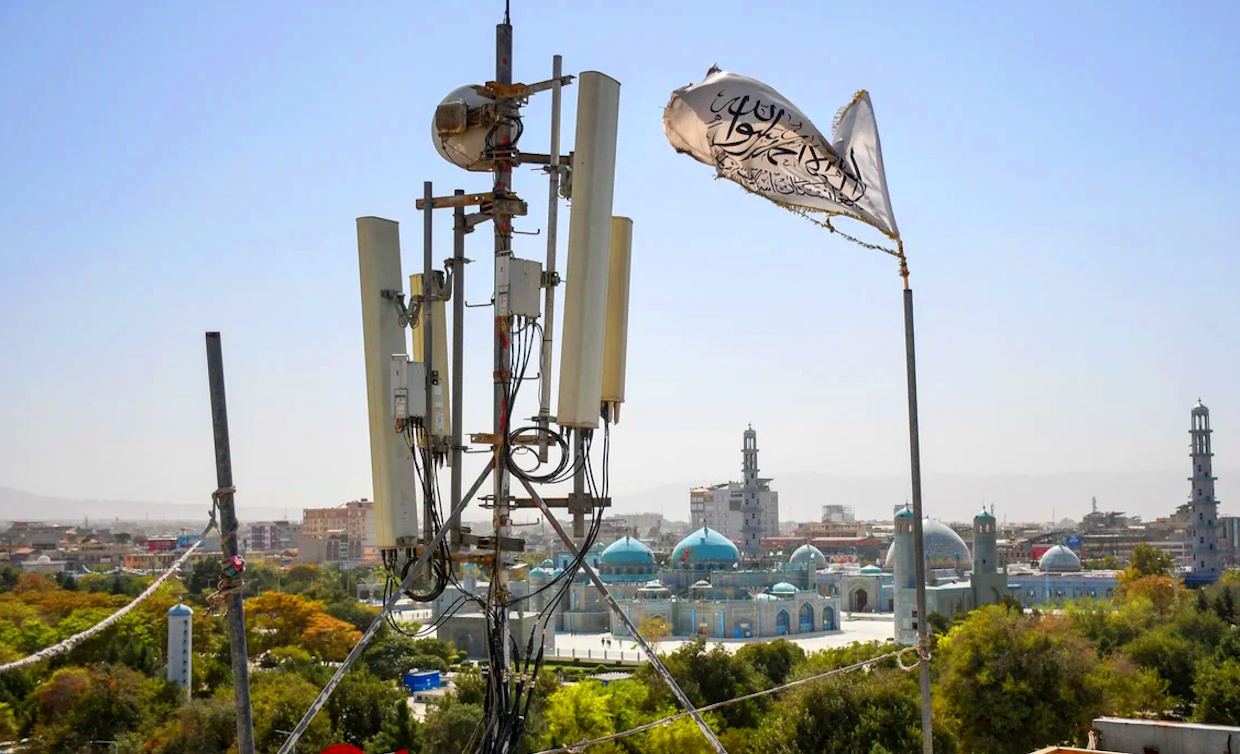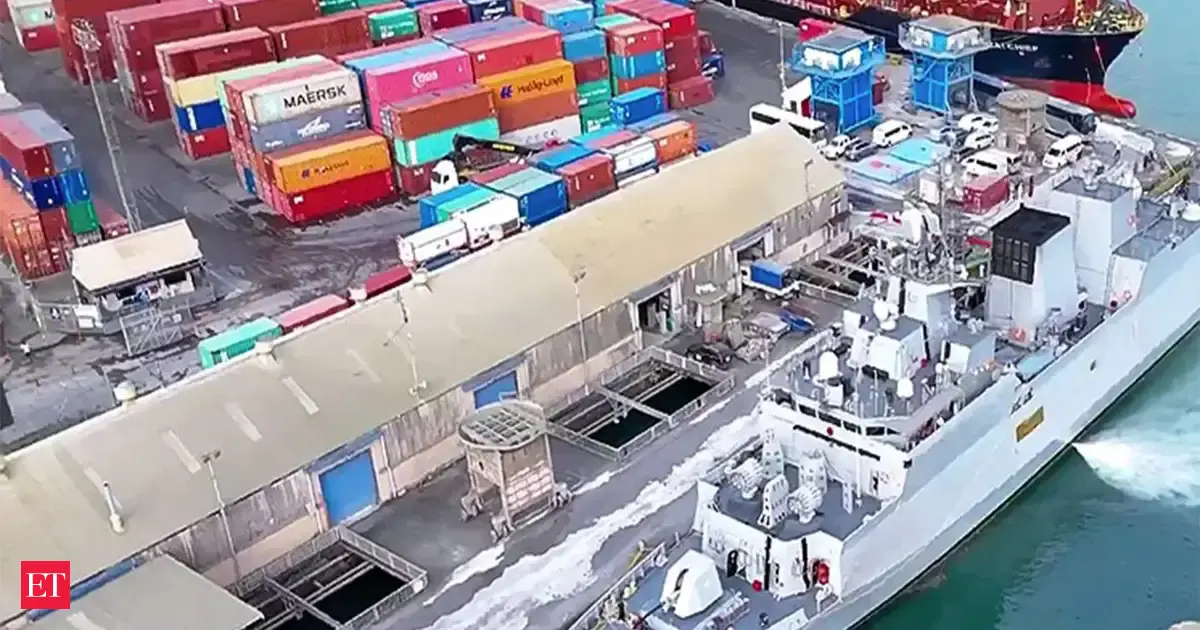By admin
Copyright dawatmedia24

KABUL – The United Nations issued an urgent appeal to Afghanistan’s Taliban rulers on Tuesday to immediately restore internet and telecommunications services, condemning a near-total nationwide blackout that has severed the country from the outside world and brought its fragile economy to a grinding halt.
The blackout, which began Monday night and reduced national connectivity to less than one percent of ordinary levels, is the most severe communication shutdown since the Taliban seized power in 2021. It marks a dramatic escalation in the regime’s professed crackdown on what it deems “immorality.”
“The cut in access has left Afghanistan almost completely cut off from the outside world, and risks inflicting significant harm on the Afghan people,” the UN Assistance Mission in Afghanistan (UNAMA) stated. It warned the blackout threatens “economic stability and exacerbates one of the world’s worst humanitarian crises,” while also constituting “a further restriction on access to information and freedom of expression.”
A Nation Frozen
The impact on daily life and the economy has been immediate and profound. In Kabul, a bank employee who asked to remain anonymous described a scene of paralysis.
“I came to work this morning but we cannot run any business because clients do not have access to online banking, transactions, cash withdrawal, or money authorisation,” the worker told AFP. “When there was internet, we never felt how important it was.”
The consequences have rippled across society:
Financial Collapse: The banking system is frozen, halting salaries, payments, and business transactions.
Remittances Halted: The Afghan diaspora, a critical lifeline for many families, is unable to send crucial financial support.
Commerce Stalled: Online businesses and services have been rendered inoperable.
Public Services Crippled: Even the national post office was unable to operate, as staff told AFP its work is dependent on bank services.
Travel Disrupted: All flights were cancelled at Kabul International Airport on Tuesday, with AFP journalists witnessing Taliban forces resorting to radio communications.
A Deliberate Disconnection
The blackout was not unforeseen. According to a government official who spoke to AFP minutes before the shutdown on Monday, authorities planned to cut the fibre optic network “until further notice.” The official, who requested anonymity, acknowledged the devastating impact, stating, “There isn’t any other way or system to communicate… the banking sector, customs, everything across the country will be affected.”
The move appears to have been directed by the Taliban’s reclusive supreme leader, Hibatullah Akhundzada. Government spokesman Attaullah Zaid, commenting on a prior regional shutdown in September, justified the ban as a measure “taken to prevent vice,” claiming without evidence that “recent studies in Afghanistan found that internet applications have badly affected the ongoing, economic, cultural and religious foundations of society.”
A UN source confirmed that the organization’s own operations are “severely impacted,” forcing a fallback to rudimentary radio communications and limited satellite links.
International Condemnation and a Reversed Legacy
The watchdog group Netblocks confirmed the blackout “appears consistent with the intentional disconnection of service,” with connectivity flatlining below one percent.
The move represents a stark reversal for Afghanistan’s technological infrastructure. As recently as 2024, the Taliban government had touted the 9,350-kilometre (5,800-mile) fibre optic network—largely built by the former US-backed government—as a “priority” to connect the country to the global community and lift it out of poverty.
Now, by severing that very link, the regime is choosing ideological control over economic stability and humanitarian need, leaving a nation of millions in an information and economic vacuum with no clear end in sight.
Support Dawat Media Center
If there were ever a time to join us, it is now. Every contribution, however big or small, powers our journalism and sustains our future. Support the Dawat Media Center from as little as $/€10 – it only takes a minute. If you can, please consider supporting us with a regular amount each month. Thank you
DNB Bank AC # 0530 2294668
Account for international payments: NO15 0530 2294 668
Vipps: #557320
Donate Here



